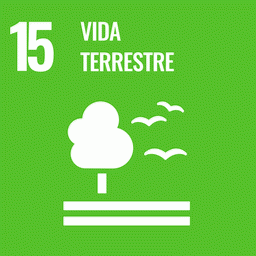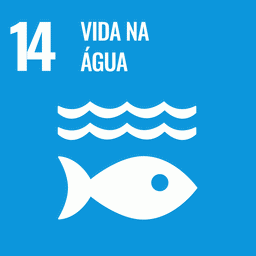The hydrological connectivity of freshwater ecosystems in the Amazon basin makes them highly sensitive to a broad range of anthropogenic activities occurring in aquatic and terrestrial systems at local and distant locations. Amazon freshwater ecosystems are suffering escalating impacts caused by expansions in deforestation, pollution, construction of dams and waterways, and overharvesting of animal and plant species. The natural functions of these ecosystems are changing, and their capacity to provide historically important goods and services is declining. Existing management policies—including national water resources legislation, community-based natural resource management schemes, and the protected area network that now epitomizes the Amazon conservation paradigm—cannot adequately curb most impacts. Such management strategies are intended to conserve terrestrial ecosystems, have design and implementation deficiencies, or fail to account for the hydrologic connectivity of freshwater ecosystems. There is an urgent need to shift the Amazon conservation paradigm, broadening its current forest-centric focus to encompass the freshwater ecosystems that are vital components of the basin. This is possible by developing a river catchment-based conservation framework for the whole basin that protects both aquatic and terrestrial ecosystems.
Baixar (sujeito à disponibilidade)
Download (subject to availability)


Este projeto está alinhado aos Objetivos de Desenvolvimento Sustentável (ODS).
Saiba mais em brasil.un.org/pt-br/sdgs.
Veja também
See also
The Susceptibility of Southeastern Amazon Forests to Fire: Insights from a Large-Scale Burn Experiment
The interaction between droughts and land-use fires threaten the carbon stocks, climate regulatory functions, and biodiversity of Amazon forests, particularly in the southeast, where deforestation and land-use ignitions are high. Repeated, severe, or combined fires...
Assessing compliance with the Forest Code: A practical guide
The goal of this guide is to help buyers of Brazilian forestry and agricultural commodities to verify compliance with the Brazilian Forest Code in their supply chain. It presents a range of available and evolving tools to ensure compliance with the Forest Code in the supply chain. The tools described are credible and practical instruments that buyers can use without the need for legal or environmental specialists. In this way, the private sector can support the transition to legal compliance in Brazil’s rural environment, also with the benefit of promoting commodities produced in Brazil in the domestic and international markets.
Authors: Pedro Amaral (Proforest), Tiago Reis (IPAM) e Roberta del Giudice (Instituto BVRio).